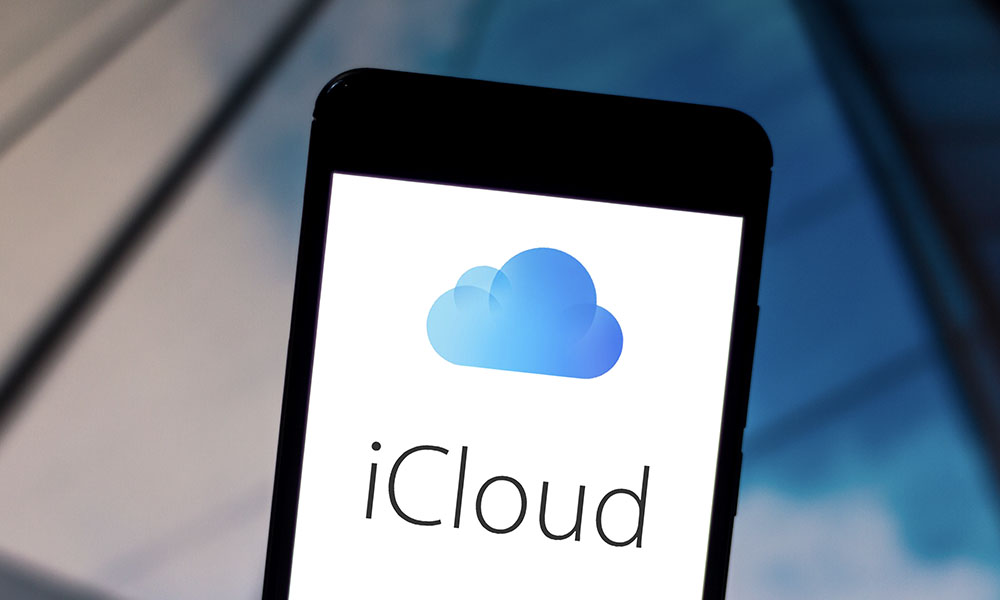Apple Is Under Fire from European Antitrust Regulators Again, But This Time It’s About iCloud
 Credit: rafapress / Shutterstock
Credit: rafapress / Shutterstock
Toggle Dark Mode
In the midst of numerous allegations of anticompetitive behaviour, lawmakers and regulators around the world have been turning up the heat on Apple in recent months, with two major investigations launched earlier this year by the European Commission followed by reports that the U.S. Justice Department is also preparing to launch its own antitrust probe into Apple’s business practices, joined by separate actions being taken by South Korea, Japan, and Australia.
Most of the antitrust complaints against Apple have clearly stemmed from its “ironclad” control of the App Store, with issues ranging from the 30 percent commission it takes from developers to its often capricious application of its App Store Guidelines that are seen as blocking competition. However, one of the two investigations underway in Europe actually pertains to Apple’s mobile payment processing service, Apple Pay, and now Italy has independently launched its own antitrust inquiry related to one of Apple’s services that we actually haven’t heard too many folks complaining about.
In this case, Italian regulators are looking into cloud computing services — specifically iCloud in Apple’s case — to determine whether cloud providers have engaged in “improper commercial practices” and added “unfair clauses in contract conditions,” according to Reuters.
However, it’s worth noting that Apple is actually not being singled out in this one, with Italy’s L’Autorit Garante della Concorrenza e del Mercato (AGCM) also investigating Google and Dropbox.
According to a press release (Google Translate) issued by the AGCM, the investigations against Google (for its Drive service) and Apple (for its iCloud service) are based on the idea that consumers are essentially locked into or at least strongly encouraged to use these services due to their tight integration with each company’s operating systems. As the AGCM notes, the investigation seeks to determine if consumers are unduly influenced by Apple and Google and therefore not in a position to actually grant free consent for the collection and use of their personal data for commercial purposes, and whether both companies adequately explain how data collected by the service will be used.
In the case of Apple’s iCloud service, however, this particular point could be a bit moot, since strictly speaking Apple doesn’t use any iCloud data for other commercial purposes, although this also hinges greatly on what Italian law considers “commercial.”
The AGCM is levying the same allegations against Dropbox as well, but is also going one step further, noting that the cloud storage provider has also been accused of failing to clearly and accessibly provide information on how customers can withdraw from their contract, as well as not providing a reasonable dispute procedure for customers.
All three services are also being scrutinized as to whether the contract terms they offer, including their right to terminate the service for a customer at any time, liability exemptions that take no responsibility for loss of data, and the unilateral right to change the terms and conditions are legal under Italian law.
Like the other investigations being conducted by the EU at large, this falls into the antitrust category due to the argument that all three companies are sufficiently dominant that they can impose unfair terms that users have no choice but to accept.
This isn’t the first time that Apple has come under scrutiny from Italy’s antitrust watchdog. Earlier this year, the AGCM began an investigation into Apple and Amazon accusing them of colluding to block the sale of Beats headphones to other resellers in order to stifle competition, and back in 2018 the AGCM fined Apple €10 million (about $11.5 million) for failing to inform consumers about the battery-related performance throttling that it had implemented in iOS 10.
The App Store Remains In the Crosshairs
Meanwhile, the Australian Competition and Consumer Commission (ACCC) has announced its own antitrust investigation, focusing on the much more common complaints about the fairness of Apple’s App Store and Google’s Play Store from both a consumer and developer perspective.
Japan’s antitrust regulator also said it would be looking into Apple’s App Store practices after a Bloomberg report last week noted that a number of Japanese developers have raised complaints about the App Store, although in this case they’re not taking any issue at all with the 30 percent cut — they’re actually quite used to it after years of dealing with Nintendo — but they’re very upset with Apple’s slow and inconsistent App Store review process. In essence, they don’t mind paying 30 percent but they expect to get something for their money.
Then of course there’s the very public Epic Games lawsuit that has the Fortnite developer trying to force Apple’s hand in opening up the iPhone platform to third-party App Stores and payment providers. While Epic is currently pushing to have Fortnite reinstated pending the outcome of the case, the actual lawsuit isn’t expected to begin until early next year, at the soonest.






